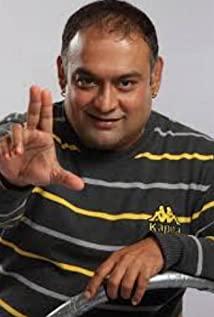At first, I felt that the female protagonist's psychological problems were not that troublesome at all, in a word-"Secondary 2". For example, the uncle producer who looks like Hiroshi Abe confessed to the heroine and confessed to work with ex. This obviously showed full sincerity to ask for contact, and adults can understand and even be moved. The heroine inexplicably suppresses good feelings and indulges herself to let go of the person she loves. For another example, when my father said “It’s so hard to be a parent”, the hostess broke out in an instant, shouting, “You don’t need to be a parent when you’re so hard.” She didn’t even look at the proud smile on father’s face or listen to “I’m willing to work so hard all the time. "The context embarrassed the whole family in place. I guess that in addition to secondary illness, the heroine's understanding needs to be improved. But the play was pretty good, and the confession to the psychologist immediately afterwards was also pretty good. Bty, you have to be handsome when you are a psychologist. So far, the heart knot of the heroine is completely exposed, in a word-the psychological deficiencies of the left-behind children in India.
The theme is fairly clear, but the film always feels out of touch. It's not the reason for the song and dance. It's a bit of a mix and match of genres, and it's not even the same before and after the composition of the shot. For example, if the ending wants to be comprehensive, it seems procrastinating.
View more about Dear Zindagi reviews











